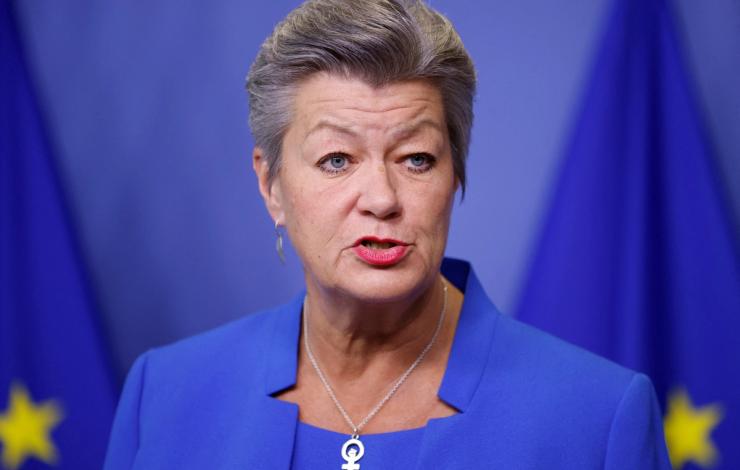The News
A highly controversial package of migration reforms cleared the European Parliament Wednesday after years of deadlock, aiming to restrict entry into the 27-nation bloc, speed up asylum requests, and make it easier to deport migrants.
Lawmakers approved the Migration and Asylum Pact, which has been in the works since 2015 — but the new rules have drawn the ire of both migrant activists, who say it is draconian, and nationalist parties, who say it doesn’t go far enough.
With more than a million asylum applications in the EU last year, the laws aim to reduce the burden on frontline countries such as Italy, Greece and Spain by requiring all member states to take in migrants or face financial penalties.
The pact also requires countries to decide asylum requests within 12 weeks and tightens pre-entry screening for migrants including with identification, health and security checks, and the collection of biometric data for any migrant six years or older.
SIGNALS
Migration pact is a ‘bitter compromise’
The rules that were ultimately approved are a “bitter compromise” that had to be reached because failing to do so would have been “disastrous for Europe’s image, and would have fueled attacks from the far right,” Le Monde wrote in an editorial. The deal gives Europe the “appearance of a fortress” but fails to tackle the root causes of immigration, the paper said.
Leaders from across the political spectrum opposed the pact. Poland’s centrist Prime Minister Donald Tusk vowed to make Poland exempt from the so-called relocation mechanism, where countries must take in asylum seekers who arrive elsewhere, and Hungary’s far-right Viktor Orban condemned the deal as “another nail in the coffin of the European Union.” While the statement from Hungary’s leader was predictable, it was Tusk — a former European Council president — “who showed the political toxicity of the issue even for centrists,” Bloomberg reported.
Rights groups slam rules as harmful to asylum seekers
Human rights groups vehemently opposed the new rules. Amnesty International said that the deal would “set back European asylum law for decades to come” and increase suffering for those seeking refuge. The International Federation of Red Cross and Red Crescent Societies warned that the rules around faster border processing — which provide for easier deportations — “risk returning people who should be granted asylum.” And the deal still leaves many questions unanswered, with The Washington Post noting that: “It is not immediately obvious… how the screening of asylum seekers will be streamlined without violating people’s rights, or how the new rules will help increase the proportion of people ordered to leave who are actually deported.”
Europe strikes deals with North African states to stop migrants
The tougher rules come as both the EU and individual European countries seek their own deals with North African governments to stop migrants from crossing the Mediterranean.
The EU inked a €1 billion ($1.07 billion) deal with Tunisia last June to stem irregular migration, while France promised €25.8 million. And the U.K. last month agreed to pay Libya £1 million ($1.25 million) to help fund the return of migrants to their countries of origin. Such deals have been lambasted by some members of the European Parliament, with one Dutch MEP saying that “throwing money at dictators is not a migration policy…It will just keep the dictators in place for longer, and make the problem bigger.” Meanwhile, an attempt by Italy’s far-right Prime Minister Giorgia Meloni to deter arrivals from Tunisia by paying the country to stop migrants from leaving “hasn’t worked,” an opinion piece in The Washington Post stated.



